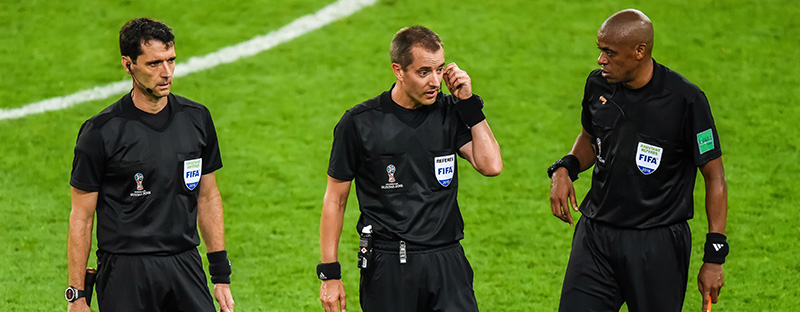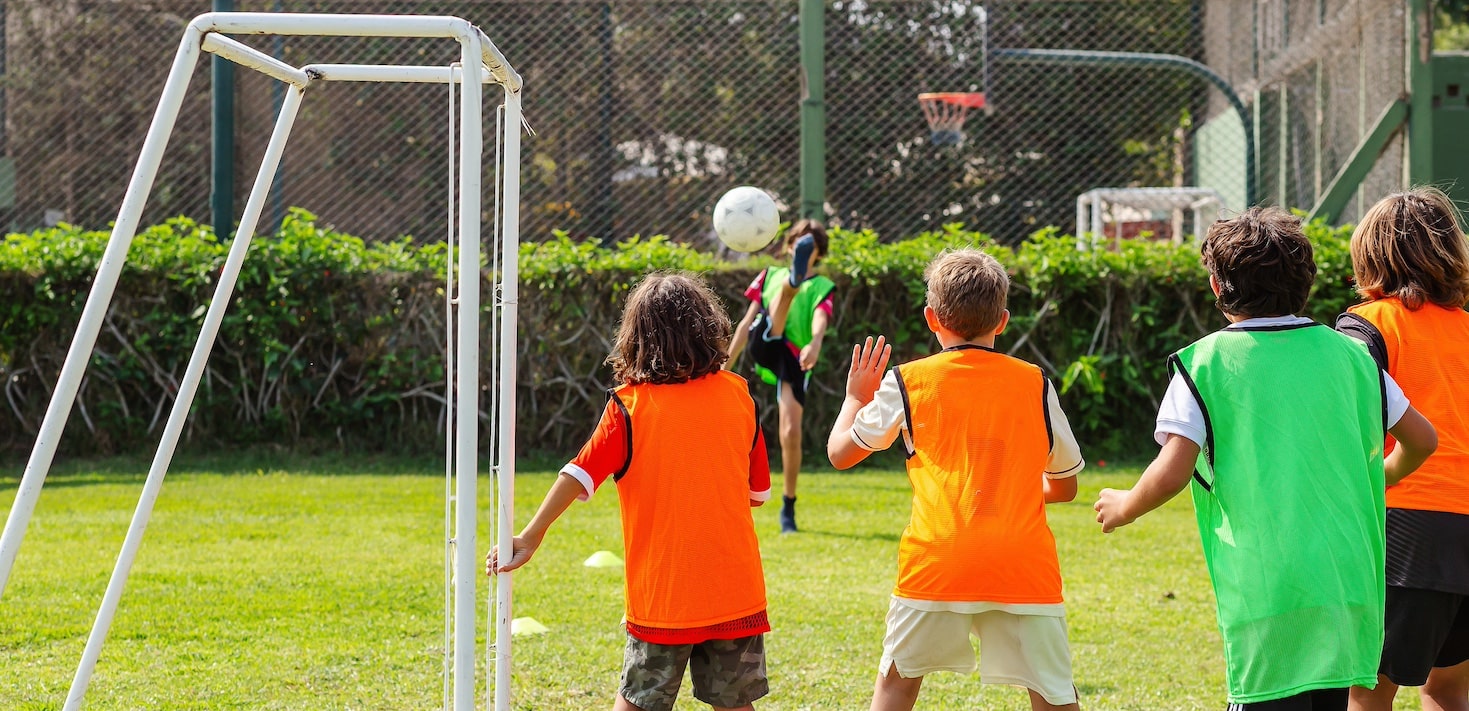Young players develop at different rates, meaning their potential cannot be judged on technical ability alone. At the youngest ages, enthusiasm, coordination, and basic ball control lay the foundation for future success.
As they progress, game intelligence, tactical awareness, and physical attributes become increasingly important. By the time players reach their mid-to-late teens, those who consistently demonstrate quick decision-making, technical excellence under pressure, and the physical and mental attributes needed to compete at a high level stand out as elite prospects.
This article breaks down how to assess football talent across different age groups using the CDE/F model, helping coaches, scouts, and parents understand what to look for at each stage. Whether identifying the next generation of top players or guiding young athletes on their journey, applying this framework ensures a comprehensive approach to recognizing and nurturing footballing potential.
U6-U9: Foundations of Talent
At this stage, players should display:
- Cognitive: Basic spatial awareness and the ability to recognize simple game patterns.
- Decision-making: Choosing whether to dribble, pass, or shoot when under minimal pressure.
- Execution: Fundamental ball control, dribbling, and striking technique.
- Functional: Early signs of coordination, agility, and an eagerness to participate actively.
U10-U12: Developing Game Awareness
- Cognitive: Understanding positions, movement off the ball, and game strategy.
- Decision-making: Recognizing passing options and anticipating play developments.
- Execution: Improved technical ability in passing, receiving, and finishing under mild pressure.
- Functional: Increased endurance, speed, and balance while performing technical skills.
U13-U15: Tactical Understanding and Technical Execution
- Cognitive: Reading the game, adapting to tactical instructions, and understanding transitions.
- Decision-making: Choosing the best options under moderate pressure, improving game tempo control.
- Execution: Accurate passing, shooting, and dribbling in tight spaces.
- Functional: Strength, acceleration, and defensive discipline emerge as key attributes.
U16 and Beyond: High-Level Performance & Consistency
- Cognitive: Advanced tactical intelligence, scanning, and anticipating opponent movements.
- Decision-making: Quick, decisive actions under full-pressure match conditions.
- Execution: Consistency in delivering high-level skills at match intensity.
- Functional: Strong physicality, endurance, and mental resilience in competitive environments.


Improve Your GameJust 1.99 p/m
Exclusive drills and sessions, get involved today!
- 100’s of Drills
- Coach to Camera Videos
- Sessions from Pro’s
- Industry Leading Advice
By assessing young players through the CDE/F model, coaches can identify well-rounded talents who demonstrate intelligence, technical skill, and adaptability—key traits for long-term football success.



Cupello
UEFA B Coach, FA Level 3, FA Youth Modules 1, 2 and 3, Coerver Youth Diploma, SPAIN: Catalan Football Federation Smart Football, USA: United Soccer Coaches diploma. Sports journalist for the Sunday Mirror published author of several volumes of coaching books & international lecturer on soccer.